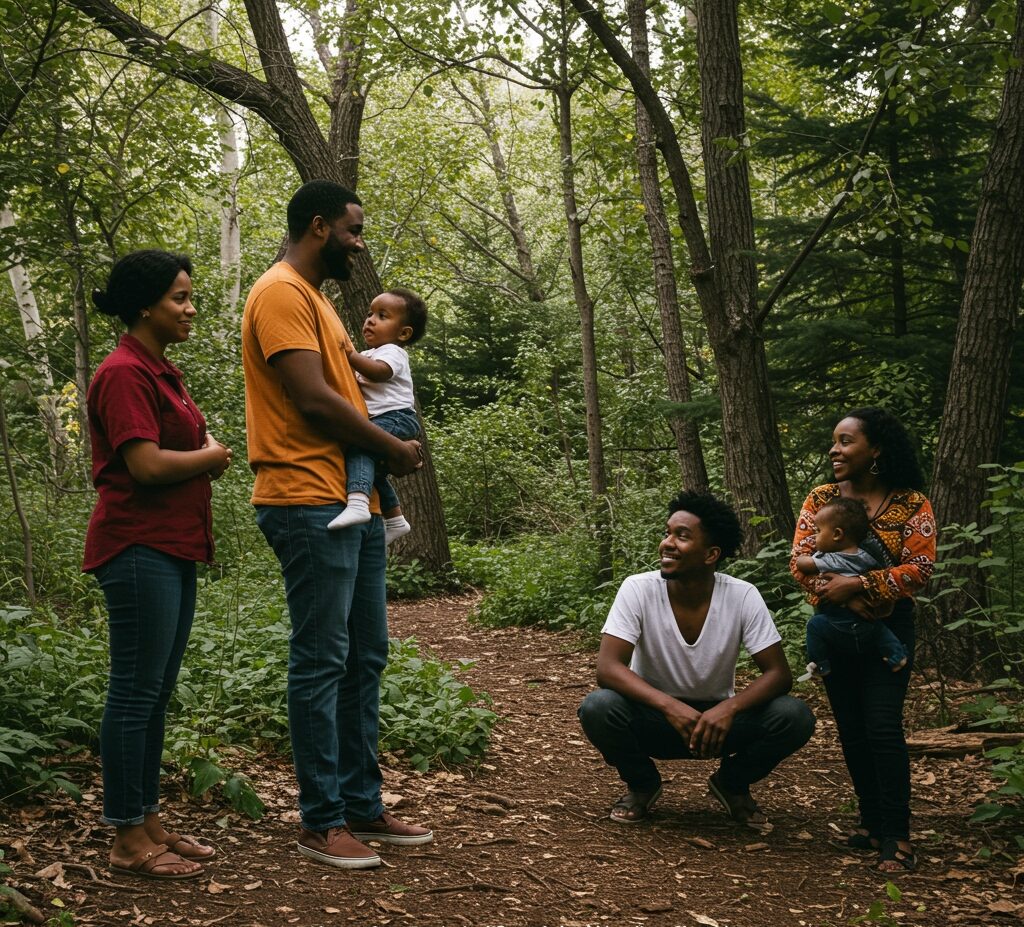Let’s be real for a moment. In our community, talking about how we’re *really* feeling can sometimes feel heavier than it should. We’ve got resilience in our DNA, a strength forged through generations. But sometimes, that same strength can make it hard to admit when we’re struggling beneath the surface. Especially here in the Denver Metro Area, navigating life can bring its own set of pressures, and when you add the unique challenges faced by Black individuals, the weight of mental health concerns can become significant.
This isn’t just about feeling down sometimes. We’re talking about the very real impact of societal and cultural stigma on Black mental health and overall well-being. It’s time to unpack this weight together, understand how it shows up, and shine a light on paths to healing and support right here in Denver.
What Does Mental Health Stigma Look Like in Our Community?
Stigma around mental health isn’t one-size-fits-all, and in the Black community, it has deep roots. It’s not just external judgment; it’s often internalized, passed down through generations. Think about it:
“Keep it in the family”: The Cultural Silence
For many, mental health challenges were historically seen as a personal failing or something to be kept hidden from the outside world. This cultural norm of privacy, while sometimes protective, can prevent open conversations and shut down avenues for help.
“Pray it away”: Spirituality vs. Professional Help
Faith and spirituality are cornerstones for many Black families, and rightly so. However, sometimes the message can be that faith alone is the *only* answer for emotional distress, leading to skepticism or dismissal of professional mental health care like therapy or counseling.
Misinformation and Mistrust
Generations of systemic racism and mistreatment within healthcare systems have created valid mistrust. This historical context, coupled with misinformation, can lead to fear and reluctance to seek help from institutions perceived as unsupportive or even harmful.
The Unique Pressures on Black Mental Health in Denver
Living in Denver offers opportunities, but it also presents specific challenges for Black residents. Rapid growth, gentrification, and being a smaller minority population compared to other major cities can contribute to feelings of isolation, displacement, and a constant need to navigate spaces not always built with our experiences in mind. These external pressures, when combined with existing cultural stigma, can create a perfect storm for mental health struggles.
The search for culturally competent care – therapists or counselors who understand our unique background, trauma, and strengths – can also feel like a barrier. Finding someone who “gets it” without having to constantly explain your lived experience is crucial but can take effort here.
How Stigma Impacts Our Well-being
The effects of this silence and judgment are far-reaching, impacting not just our minds but our bodies too. When we bottle things up, it takes a toll:
- Delayed Help-Seeking: People wait until they are in crisis before considering support, making recovery more challenging.
- Worsening Symptoms: Ignoring or minimizing mental health issues allows them to fester and intensify.
- Physical Health Problems: Chronic stress, anxiety, and depression can manifest physically, contributing to higher rates of conditions like hypertension and heart disease within our community.
- Isolation: Fear of judgment can lead to withdrawing from friends, family, and community, removing vital support systems.
- Internalized Shame: Believing the negative stereotypes about mental illness can erode self-esteem and make it harder to heal.
Breaking the Chains: Finding Healing and Support in Denver
The good news? We have the power to shift this narrative. Healing and support are available, and actively seeking them is an act of profound strength and self-love. Here are ways we can push back against stigma and prioritize our Black mental health and well-being in Denver:
Talk About It (Safely):
Start small. Share your experiences with trusted friends or family members who are open to listening without judgment. Normalizing these conversations is key.
Seek Culturally Competent Care:
Look for therapists, counselors, or mental health practitioners in the Denver area who specialize in Black mental health or have experience working with the Black community. Resources exist to help you find the right fit.
Connect with Community:
Find local groups, organizations, or community spaces where you feel seen, heard, and understood. Sometimes just being around people who share your background can be incredibly healing.
Utilize Available Resources:
Denver has mental health resources, from community centers to non-profits focusing on specific needs. Don’t be afraid to explore what’s out there.
Prioritize Self-Care:
This isn’t selfish; it’s essential. Find what nourishes your spirit – whether it’s movement, creativity, nature (Denver has plenty!), or quiet reflection. Make it a non-negotiable part of your routine.
Unpacking the weight of stigma is a journey, not a destination. It requires courage, community, and access to the right resources. Prioritizing your Black mental health in Denver isn’t just about overcoming challenges; it’s about thriving, honoring your resilience, and building a future where well-being is not just possible, but expected. You are not alone, and seeking support is a sign of incredible strength. Let’s continue to lift each other up and create spaces where healing is celebrated, not hidden.





